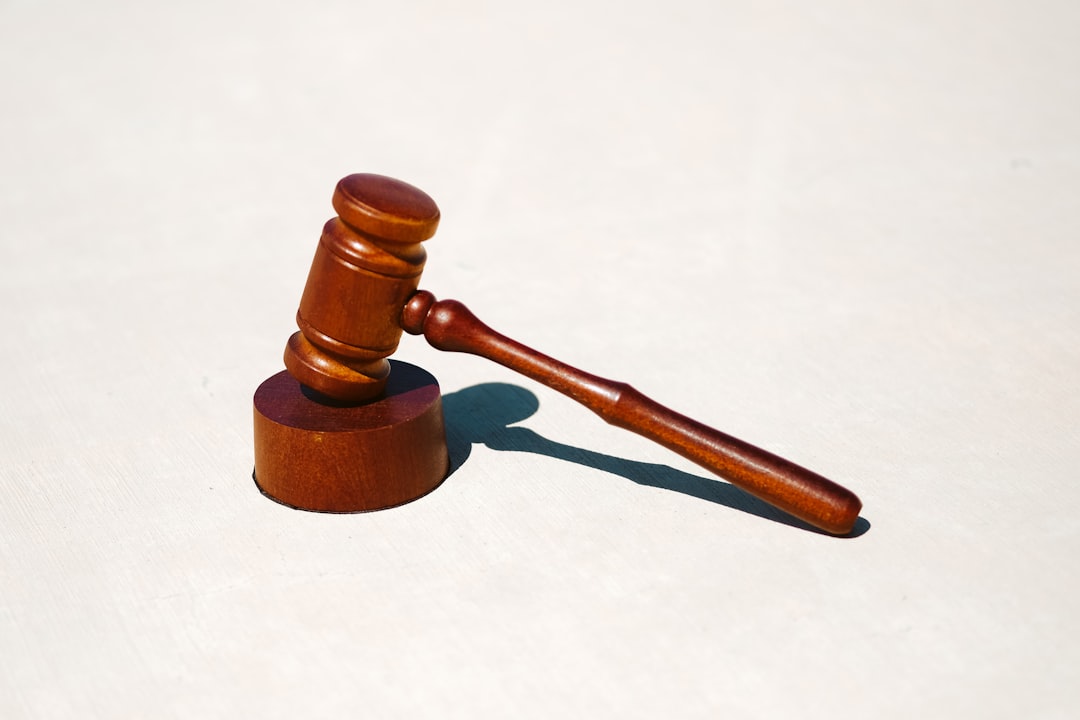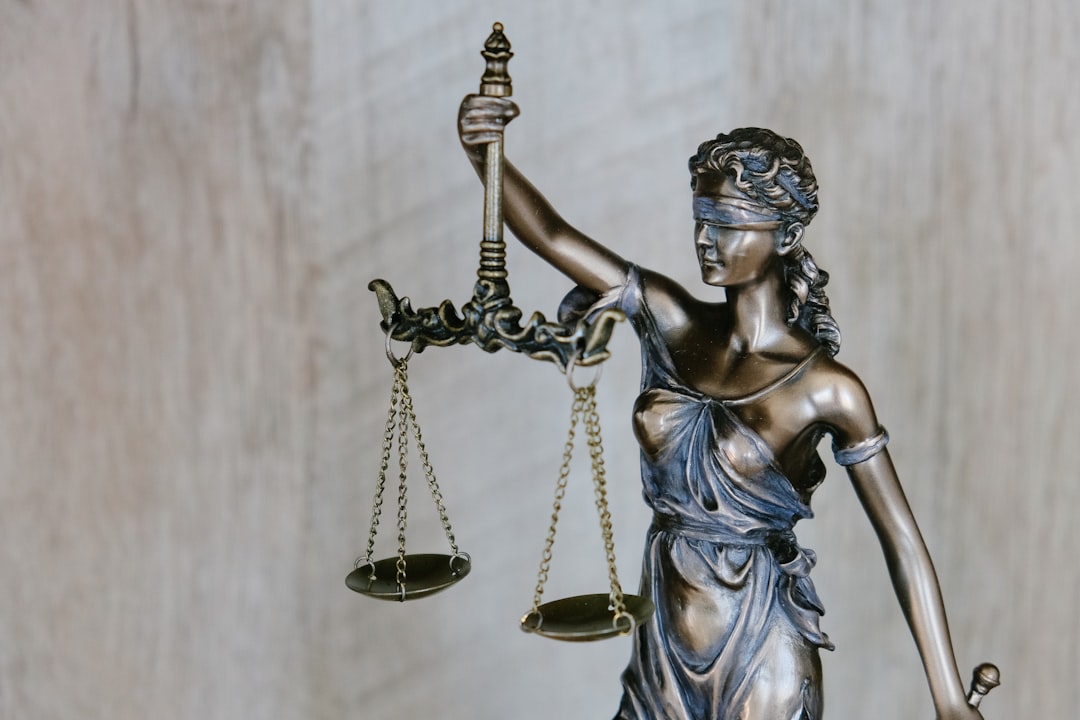“In Kansas City, MO, navigating complex rape laws can be daunting. This is where a seasoned rape lawyer Kansas City MO becomes invaluable. Our article guides you through this critical process, offering insights into Missouri’s rape laws, the role of defense lawyers, and what to expect in a trial. We also provide essential tips on finding the right legal representation. Understanding these aspects can significantly impact the outcome of your case. Ensure you’re prepared with the help of an expert rape lawyer.”
Understanding Rape Laws in Missouri

In Missouri, including Kansas City, rape is defined as non-consensual sexual penetration, which can include a range of acts. The state has strict laws in place to protect victims and hold perpetrators accountable. A rape lawyer in Kansas City MO understands these laws and can guide clients through the complex legal process. Key elements that must be proven in a rape case include lack of consent by the victim and that force or fear was used by the accused to overcome that consent.
It’s crucial for anyone facing rape charges to seek immediate legal counsel from a qualified rape lawyer in Kansas City MO. They can ensure that evidence is properly handled, witness testimonies are secure, and all legal arguments are presented effectively on behalf of their client. The consequences of a rape conviction are severe, potentially including lengthy prison sentences and registration as a sex offender, so having an experienced advocate is paramount for the best possible outcome.
The Role of a Defense Lawyer in Kansas City

In Kansas City, a defense lawyer plays an invaluable role, especially in complex and emotionally charged cases like rape. A skilled rape lawyer in Kansas City, MO, is more than just a legal representative; they become an advocate for their client’s rights and well-being. Their primary responsibility is to ensure that the accused receives a fair trial, protecting their constitutional rights and helping them navigate the intricate legal system.
These attorneys are experts in navigating the nuances of rape laws and evidence collection procedures. They cross-examine witnesses, challenge evidence, and present compelling arguments to counter the prosecution’s case. Furthermore, they offer much-needed support to their clients, providing a listening ear and guiding them through the stress and uncertainty of the legal process. With their knowledge and advocacy, they can significantly impact the outcome of these sensitive cases.
What to Expect During a Rape Trial

Finding the Right Rape Lawyer in Kansas City MO







